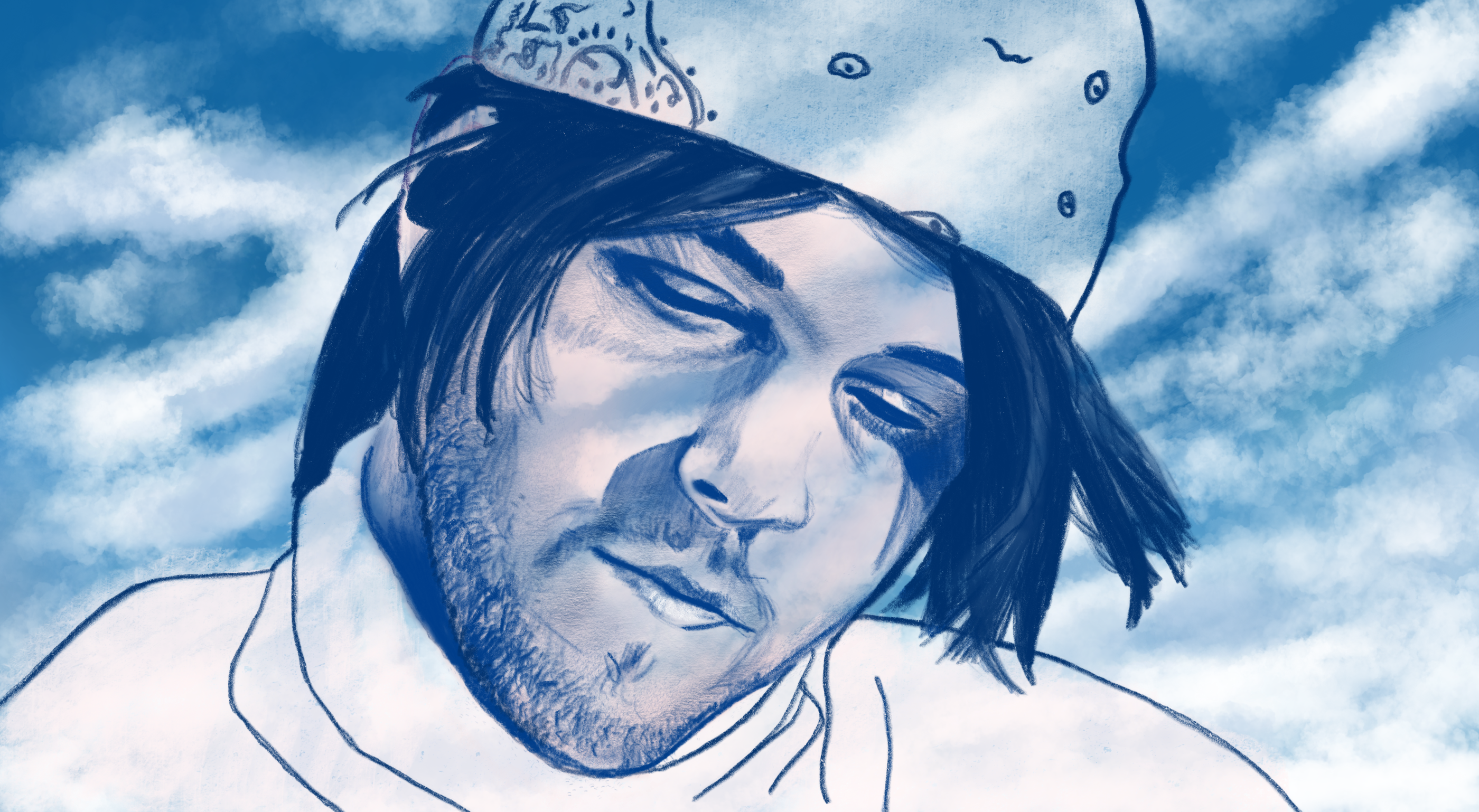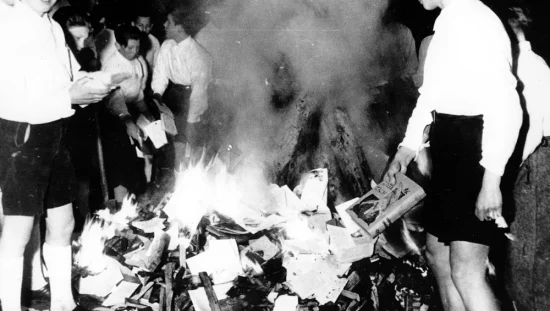The New York Times recently published a “Room for Debate” on the topic of felon disenfranchisement with Roger Clegg, president and general counsel of the Center for Equal Opportunity, arguing for felon disenfranchisement, and Janai S. Nelson, associate director-counsel at the NAACP Legal Defense and Educational Fund, arguing against it. The debate centered on the disparate impact that felon disenfranchisement has on racial minorities, but considering philosophical notions of the nature of Law and American ideals of democracy allows for a broader debate on the topic.
Clegg headlined his argument with “If You Can’t Follow Laws, You Shouldn’t Help Make Them.” This prompted me to leave a rather inelegant comment on his article stating:
Clegg’s argument assumes that all laws which when broken carry a felony charge are just. It’s simplistic to assume that laws are just per se. A huge implication of felon disenfranchisement is that people who are felons because they violate laws that are unjust don’t have access to the democratic process through which to rectify the injustice of those laws.
After submitting my comment and patiently awaiting a rebuttal, I felt the need to justify and expand my claim further.
In On the Laws, Cicero explores the question of the nature of Law and rightly notes that “the most foolish notion of all is the belief that everything is just which is found in the customs or laws of nations.”
The assumption that all laws are just is simplistic; further, it is not compatible with the United States’ constitutional framework as interpreted through the judiciary. This does not mean that the United States Constitution itself is necessarily just—to argue that would be logically fallacious in light of the above claim that not all laws are just, seeing as the Constitution is a kind of law. It does, however, mean that collective American political thought, which often manifests itself through the courts that interpret the Constitution, most nearly resembles justice in the sense of a shared, societal consensus on normative political values. The judiciary’s oft-repeated role, first presented in Marbury v. Madison (1803), is to say what the law is. In Marbury, Chief Justice Marshall wrote “law” with a lower-case “l,”—meaning the positive, enacted laws of the nation—but what Marshall sought to argue was that the role of the judiciary is to say what the Law is—that is, the societal consensus on the United States’ normative political values.
In fact, Marshall’s style of logical reasoning often began with a major tenet of American political philosophy and then deduced a conclusion from the particulars of a controversy; that is to say, he began with Law and from it found the law.[1] For example, in McCulloch v. Maryland (1819), Marshall began his opinion by stating a fundamental, philosophical truth about American federalism: that “the nation, on those subjects on which it can act, must necessarily bind its component parts.” From there, he reasoned that the state of Maryland could not tax a national bank. This shows that Marshall understood the Court to be a declarant of Law, not merely of the law. Marshall, the first practitioner of negative judicial review, would certainly agree that accepting all laws as just is a “foolish notion.”
A more contemporary example of negative judicial review is Lawrence v. Texas (2003), in which the United States Supreme Court struck down laws which criminalized sodomy. In Lawrence, Texas had classified sodomy as a felony, Lawrence was convicted, and the Court of Appeals affirmed his conviction. Under Clegg’s logic—that because Lawrence “[couldn’t] follow laws, [he] shouldn’t help make them,”—Lawrence should have had his right to vote revoked. There are numerous problems with Clegg’s logic in this situation, and they are illustrative of greater problems with his argument.
The mere fact that the United States places such importance on negative judicial review creates a prima facie case against Clegg’s assertion that one who does not follow the law ought not be included in the creation of the law. If Clegg’s assertion that those who don’t follow laws ought to have no part in creating them was correct and carried to its logical end, then such important figures in American history like Rosa Parks would be barred from shaping legislation, and a whole body of philosophy on civil disobedience would be moot. Further, challenging a law in the courts would be the only institutional means through which to effect change in the law, which the judiciary has consistently held is the role of the legislature, not the courts (one need not look further than the late Justice Scalia’s jurisprudence for evidence of that).
Perhaps the most notable difficulty in any democracy is protecting against mob rule; this has been recognized since Plato’s time, and the Framers were well aware of it. To address this, the Framers delineated a republican form of government where the populace would vote on representatives rather than directly on issues. One result of this is that voters in the minority were given more clout than they would have were the United States a direct democracy. Another means to address the problem of mob rule is through judicial review, which has been discussed above. The Framers’ care in shaping a government that was attune to the needs of temporary minorities was premised on the idea that the temporary majority may enact unjust laws. Therefore, we see that not only Cicero, but also the Framers themselves understood and accepted that not all laws are just.
An obvious implication of felon disenfranchisement in light of the above analysis is that people may be convicted of felonies under unjust laws, and thus lose their right to participate in the democratic process needed to rectify the injustice of those laws. Take, for example, the extreme example of a law that makes political sedition a felony, which has been a reality in American political life in the past. Under Clegg’s logic, those expressing political views contrary to the government could be convicted of a felony, deprived of their right to vote, and thus excluded from the primary and accepted means of enacting the change they seek to create. A more concrete example in contemporary times is that of marijuana use and possession. In some states, the use and and possession of marijuana is a felony. However, some states have legalized the use and possession of marijuana. This reality demonstrates the robustness of the debate over marijuana in the United States, and further, the robustness of its democracy in general. Under Clegg’s logic, should those in states where marijuana is a felony be convicted of felony possession, they would be barred from voting either for referenda or representatives that would be sympathetic to their cause.
Both of these examples would result in a dampening of the strength of democracy, as the smaller the populace able to vote, the less of a mandate any representative or legislation has. Clegg’s logic fails to consider that laws may be unjust, and the implications of his oversight lead to a weakened democracy that is incompatible with accepted political thought and philosophy ranging from Plato to today.
[1] White, Edward G., The American Judicial Tradition: Profiles of Leading American Judges (New York, NY: Oxford University Press, 1976), 30-34.



